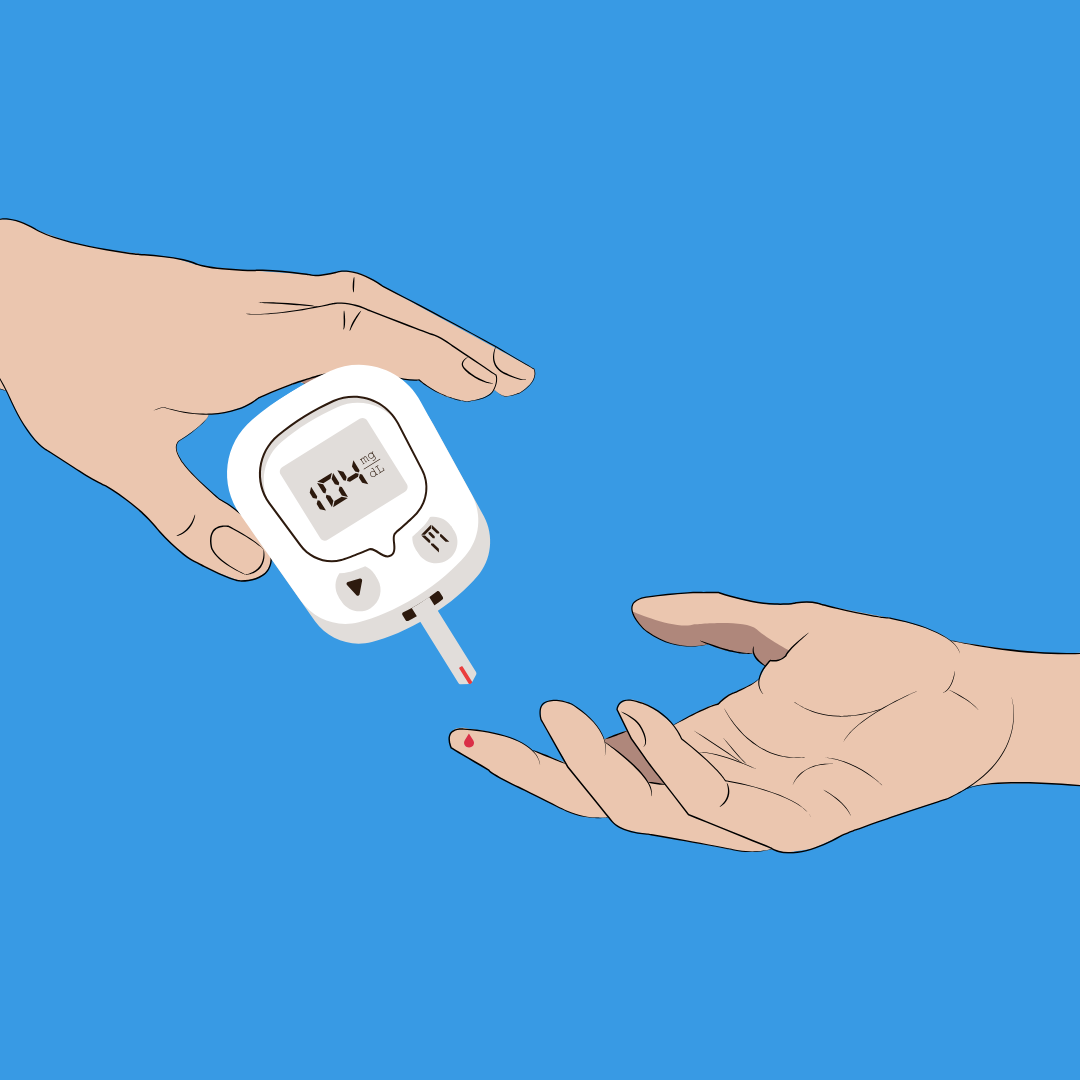Stalking is a pattern of behavior that is intended to threaten, intimidate and humiliate another individual. It is motivated by an individual wanting power and control over another person and can cause significant disruption to the lives of victims.
According to the National Center for Injury Prevention and Control:
- Approximately 13.5 million people are stalked each year in the United States.
- An estimated 1 in 3 women and 1 in 6 men experienced stalking at some point in their lifetime.
- Most individuals are stalked before the age of 25 and 1 in 4 before the age of 18.
- The majority of stalking victims are stalked by either a current or former intimate partner, or an acquaintance.
Stalkers use many tactics to intimidate and harass their victims. They may follow or track their victims, send unwanted gifts, or appear unexpectedly at their home, place of employment, or public places. They may also weaponize technology in an attempt to embarrass and disrupt the life of their victims by inundating them with unwanted phone calls, text messages, emails and social media postings. Stalkers often send or post embarrassing messages to those close to the victim (such as family or employers) containing sexually explicit images or words.
Many who experience stalking fear for their safety and wellbeing. Their lives may be disrupted because they are unable to engage in their normal routines such as work, school or social activities. They may experience anxiety, depression, difficulty sleeping, and have intrusive thoughts as they deal with the fear and uncertainty associated with stalking.
What you can do:
- Trust your instincts if you believe you are in danger. Call 911 if you need immediate assistance.
- Take all threats seriously.
- If possible, end all contact with the stalker.
- Document each stalking incident and save evidence such as text and voice messages, and screen shots of social media posts.
- Alert trusted family, friends and co-workers so they can watch out for suspicious activity and not mistakenly provide information to your stalker.
Where to go for help:
MATC’s Counseling and Psychological Services (CAPS) team recommends talking to someone if you are the victim of stalking or fear for your safety. If you are a member of the MATC community and are being stalked, notify MATC Public Safety at 414-297-6200. You can also find information and support through the following resources:
- Advocates of Ozaukee www.advocatesofozaukee.com/
- Sojourner Family Peace Center www.familypeacecenter.org/get-help
- Stalking Prevention Awareness and Resource Center (SPARC) https://www.stalkingawareness.org/
As always, enrolled students can receive free, private, confidential counseling by emailing [email protected] or by clicking here to schedule an appointment with one of our Licensed Professional Counselors. Staff can contact our EAP provider Aurora Healthcare or call 1-800-236-3231.


































































